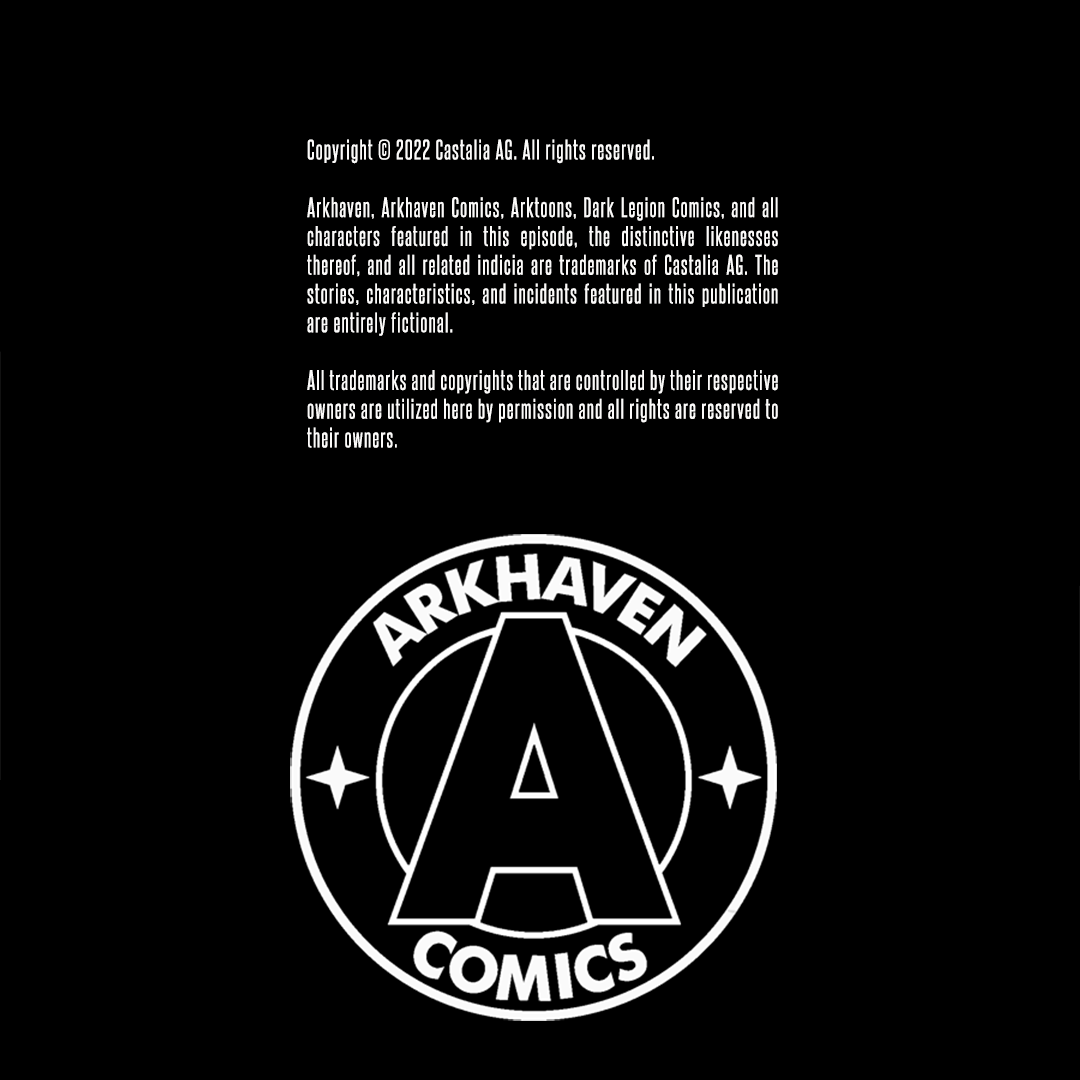CHAPTER FOUR
A direct comparison of stretches of DNA without function can provide an estimate of the mutation rate per generation between species whose divergence time and generation length are known. Comparisons of pseudogenes and of synonymous sites between humans and chimpanzees have suggested mutation rates on the order of 10−8 per site per generation.
—from “Estimate of the Mutation Rate per Nucleotide in Humans” by Michael Nachman and Susan Crowell
CAPTAIN HULL was staring at a spectroscopic map of Subsector Zero Seven Zero Two when Doctor Benbow led York through the doorway to his cabin. Osborn, who had been following doggedly in the rear, remained outside.
Hull turned and nodded to her. “Good morning, Miss York,” he greeted her cordially. “Did the accommodations suit you?”
“Very well, Captain. And I had a very pleasant breakfast this morning thanks to the good doctor,” she replied.
“Be careful, Captain, there is a razor-sharp mind hiding behind that pretty face,” Benbow said gallantly. “My thanks for the excellent company, Miss York, and rest assured I shall see to the matter you mentioned earlier. Is there anything else you require?”
“Nothing at the moment.” She smiled at him. “Although if you find yourself unoccupied today, you might figure out how three or four men could take over a warship.”
“Impossible,” Benbow shook his head. “The crew would have to be unconscious.”
York blinked, surprised that she hadn't considered the possibility. “An interesting thought,” she murmured.
As the doctor left and shut the door behind him, Captain Hull regarded her with suspicion.
“That was an unusual question. Is it relevant to the matter we discussed yesterday?”
“Quite possibly, yes.”
“And so you do have more information concerning the situation,” he said accusingly. “Well?”
“The Rigel was sabotaged,” York told him.
“No!” Hull protested, a startled look crossing his face. He shook his head. “That's not possible. Sabotage? On an Ascendancy cruiser? I've never heard of such a thing!”
“I doubt anyone has. There's a first time for everything.”
“I can't believe that!”
“Oh, you had better believe it, Captain Hull. The Rigel was almost certainly sabotaged—captured might be a more accurate description—and forced into orbit somewhere in that very sector.” She pointed to the screen. “There are no habitable planets, but as you have surely noticed, there are no less than eighteen planets in addition to two sizable asteroid belts. The motivation for the attack is clear enough; someone is after the sunbuster technology. We've been hearing rumors that an attempt would be made for years, but no one thought the rumors were anything more than the usual chatter.”
Hull didn't argue with her conclusion about the missing ship's location. She could see he was already thinking it through. If the cruiser had been sabotaged and gone dark, it would be all but impossible to find in deep space. The saboteurs wouldn't dare to transmit any signals for fear the Navy would intercept and trace them. That indicated a prearranged orbit, as it was the safest way to ensure it could be found in a reasonable time frame while remaining silent.
“An attempt by whom.”
“Prince Li-Hu. House Dai Zhan has been after the technology for nearly two centuries, Captain. Make no mistake about it, it was Li-Hu.”
“Impossible!”
“So we thought. In fact, I would have even agreed with you only last week,” York said calmly. “But that was last week.” She spread her hands. “House Malhedron maintains the galactic peace through its sole possession of the sunbuster. Its existence—the monopoly on force it provides—is what guarantees interstellar solidarity with Old Terra. No world, however alien, is apt to rebel against a military power that can nova its sun at will, Captain.”
“You don't sound as if you approve of this monopoly, Miss York.”
“It's a necessary evil. We may live by the sword, but we certainly don't want to perish by it.”
Hull retorted stiffly, “There's no danger of that. The Navy will see to its recovery.”
“Will it?” York regarded him bemusedly. “It seems to me that, for the time being, you are the Navy as far as this matter is concerned. How can you expect to prevent the technology from falling into Prince Li-Hu's hands if you refuse to believe he is after it?”
“The Dai Zhani are loyal,” replied Hull brusquely. “I have several in my crew.”
“So did the Rigel.”
“What you say amounts to an accusation of treason, Miss York.”
“It most certainly does,” she answered.
“I can't imagine any Great House or planetary government would dare to use a sunbuster. Even if they could manage to steal it from the Rigel, which they can't reasonably expect to accomplish. House Dai Zhan doesn't even have ten Horizon-class ships of its own. They'd be obliterated!”
“That's correct, but you're missing the point, which is that Ascendancy could not threaten to use it again, not if the ability to retaliate existed. The threat of the sunbuster would cease to become credible, and what has been for centuries a stable, if imposed peace would soon transition into an unstable period of revolution and upheaval throughout the galaxy. What passes for Terra's empire would be over.”
“The Ascendancy is no empire!”
“Not in name, perhaps. But regardless, once the technology is out of our hands, once the ability to destroy a star is no longer unilateral, we are no longer unassailable. You must know what that means, Captain. Once the fear of utter destruction is gone, you'd see a dozen systems in revolt within a year.”
“I admit the possibility, but that is pure conjecture.”
“You are a military man, Captain. To you, war means warships and troop landings and orbital bombardments.”
Hull nodded. “What else could it be?”
“War encompasses those things, to be sure, but it also concerns conspiracies, espionage, and murder. At its heart, there are always ambitious men in high places conniving after power.” She held the captain's blue gaze and did not look away. “A knife in the back can win or collapse an empire as quickly as a cobalt bomb, and it can do so with far less mess. History is rich with examples of great empires that fell over smaller things than the loss of their primary military advantage.”
“You make it sound so dramatic,” the captain observed, his voice skeptical.
“Dramatic?” She smiled thinly and snapped her fingers. “Just like that, one Shiva-class warship disappears in deep space. Yes, I believe you might well call it dramatic.”










































































